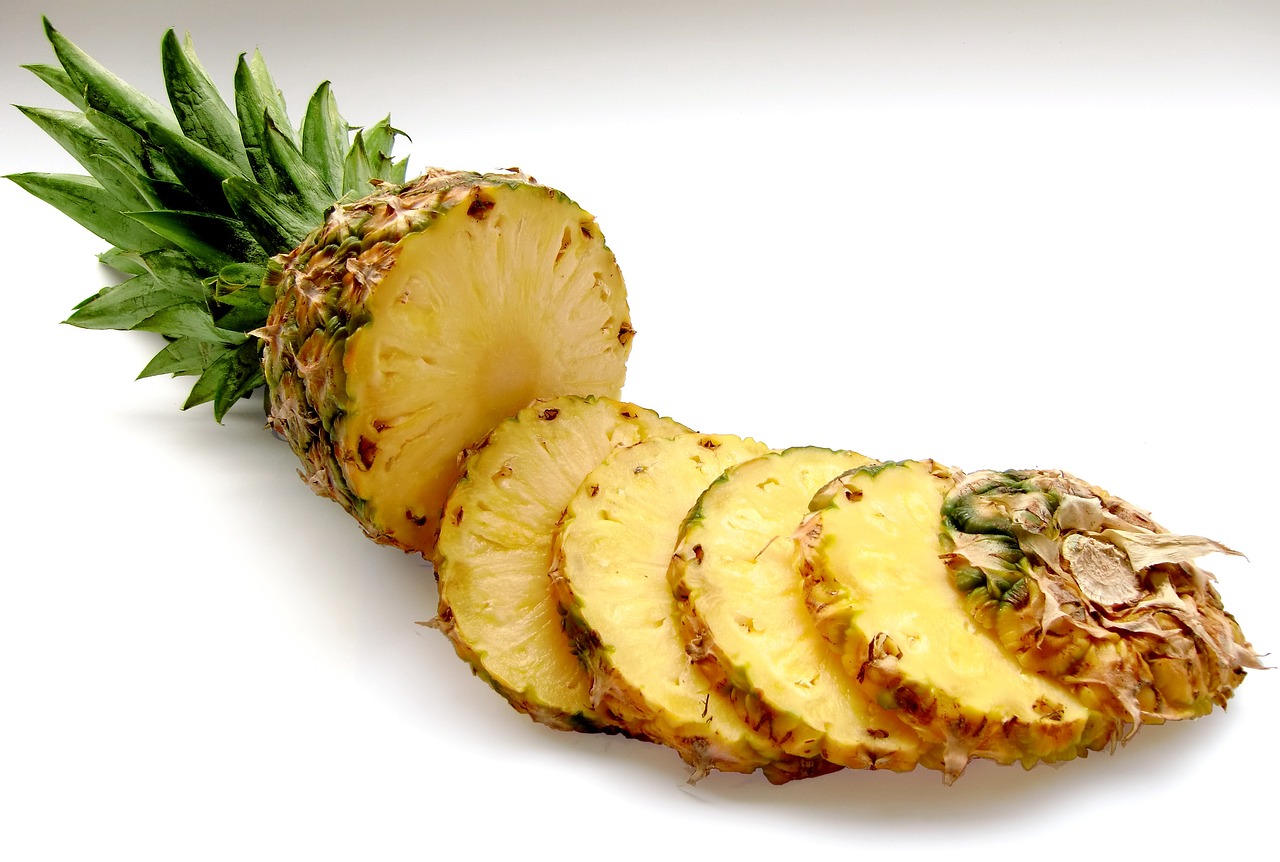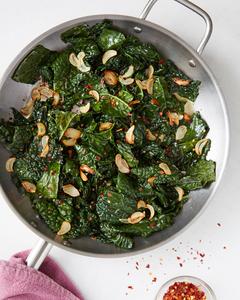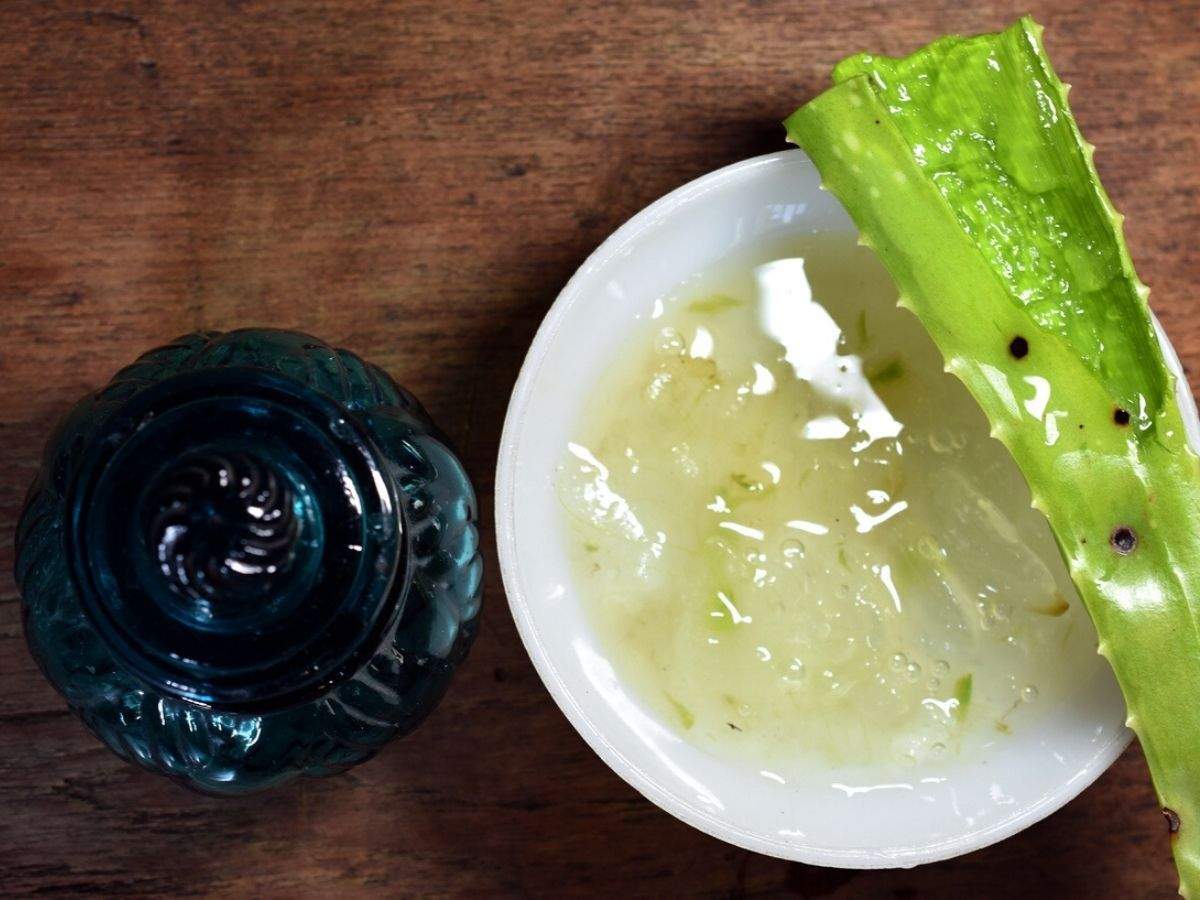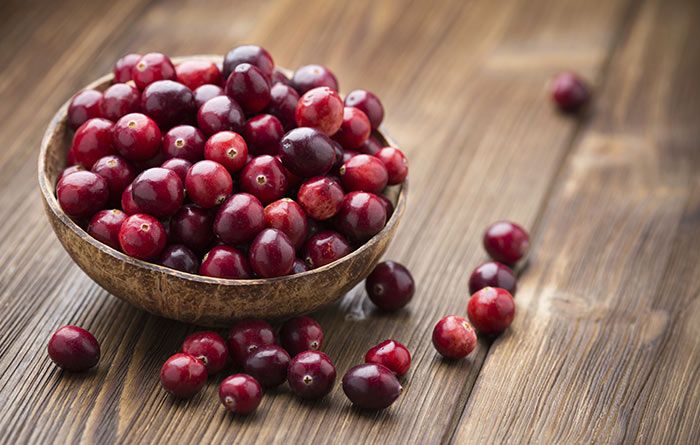Fresh pineapple, scientifically known as Ananas comosus, is a tropical fruit packed with antioxidants. Additionally, its anti-inflammatory properties may be advantageous in combating cancer, heart disease, and osteoarthritis.
Pineapples are packed with vitamin C, which supports strong immunity and reduces inflammation. Plus, the fruit contains manganese which aids bone health and metabolism.
| Nutrient (per 1 cup, or 165 grams) | Raw Pineapple |
|---|---|
| Calories | 82 |
| Carbohydrates | 21 g |
| Fiber | 2 g |
| Protein | 1 g |
| Fat | 0 g |
| Vitamin C | 131% DV |
| Vitamin B6 | 10% DV |
| Thiamin (Vitamin B1) | 9% DV |
| Folate | 5% DV |
| Potassium | 5% DV |
| Magnesium | 5% DV |
| Manganese | 76% DV |
Note that these values are approximate and may vary depending on the specific variety of pineapple. Raw pineapple is a low-calorie fruit that is a good source of vitamin C, which can help support the immune system and reduce inflammation. Pineapple is also a good source of the enzyme bromelain, which may help improve digestion and reduce inflammation. Pineapple can be enjoyed raw as a snack or in fruit salads, or can be used in cooking and baking. However, it is important to consume pineapple in moderation, as it is high in natural sugars and can be acidic, which may cause digestive discomfort for some people.
Vitamin C
Vitamin C, commonly referred to as ascorbic acid, is an essential nutrient that has been scientifically proven to reduce the risk of heart disease and enhance brain health. Furthermore, its anti-aging effects and ability to speed wound healing have all been noted.
Eating plenty of fruits and vegetables is an excellent way to ensure your body gets all of the essential nutrients it needs. Produce is packed with various vitamins, minerals and phytochemicals which can help fight off illnesses while improving general wellbeing.
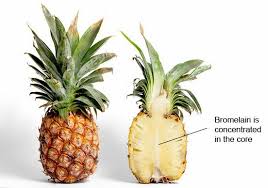
Pineapple is one of the best fruits for vitamin C and manganese. Additionally, its antioxidants can boost your immunity and fight cancer cells.
It’s also high in dietary fiber, which is necessary for keeping your intestines healthy and regular. Plus, it contains bromelain – a digestive enzyme that breaks down protein in the body.
Studies have suggested that eating pineapple may help reduce inflammation, which has been linked to various health conditions and illnesses. Furthermore, its powerful anti-cancer compound bromelain may prevent certain cancers from spreading or recurring.
Another advantage of pineapple is that it contains riboflavin, a B-vitamin that protects your body from free radical damage. Furthermore, pineapple aids collagen production which repairs damaged cells and diminishes aging skin’s appearance.
Raw pineapple is an ideal way to boost your vitamin C intake. Enjoy it on its own or add it into favorite dishes for added nutrition.
A study conducted at the University of Florida discovered that eating pineapple on a daily basis may reduce cold symptoms by decreasing mucus in your throat and nose. Furthermore, its anti-inflammatory compounds could potentially ease itching, swelling and pain in your chest area as well.
Fresh pineapple can be found in the produce section at your local grocery store, as well as canned pineapple chunks high in vitamin C in the freezer aisle. Opt for unsweetened or low-sugar varieties if you want to limit added sugar consumption.
Vitamin K
Raw pineapple has the highest Vitamin K content of any fruit, at 100g. All varieties combined contain 0.70 ug of Vitamin K (phylloquinone).
The two primary forms of this essential nutrient are phylloquinone and menaquinone, both possessing a functional naphthoquinone ring as well as an aliphatic side chain.
Both forms of this nutrient are essential for healthy blood and bone health, but its benefits go beyond these two areas. Research suggests that vitamin K may also reduce the risk of certain cancers, alleviate morning sickness and preserve cognitive ability.
Bromelain, another nutrient found in this tropical fruit, acts as an enzyme to boost the body’s natural anti-inflammatory response. Studies have even demonstrated that bromelain can reduce swelling caused by arthritis and joint pain.
Additionally, this supplement may strengthen the immune system and promote weight loss. Furthermore, its powerful antioxidant properties could shield eyes from damage.
According to Oregon State University, pineapple’s high potassium content has numerous health benefits for your heart, such as lowering blood pressure, improving cholesterol levels and decreasing the risk of stroke. Furthermore, it helps strengthen muscles and maintain bone density.
If you are taking blood thinners, eating too much pineapple may interfere with their effectiveness. People allergic to bromelain or with diabetes should limit their consumption to no more than several servings of pineapple per day and consult their doctor before taking any supplements.
With a diet that emphasizes fresh produce and whole grains, pineapple is an excellent way to meet your daily vitamin K requirements. Furthermore, it contains manganese which aids in the formation of red blood cells as well as helping prevent osteoporosis.
However, it is best not to consume too much pineapple as its high natural sugar content can raise blood glucose levels and put you at greater risk for developing diabetes. Eat pineapple in moderation as a snack between meals for maximum benefit.
Eating a wide range of fruits and vegetables for optimal nutrition is essential. Experts suggest eating at least five servings of these items each day to maintain good health. Furthermore, adding more protein into your diet can help support muscles while keeping energy levels up.
Manganese
Are you searching for a nutritious food that’s easy to prepare and offers numerous health advantages? Raw pineapple is an ideal choice. It is packed with antioxidants and other beneficial compounds that boost your immunity; plus, it promotes weight loss while decreasing the risk of developing osteoporosis.
Manganese is an essential mineral that plays a significant role in bone development and health. It promotes strong bones by encouraging collagen and cartilage production, protecting against free radical damage. Manganese may have beneficial effects on inflammation conditions as well as reduce the risk of cancer, diabetes, heart disease, and autoimmune disorders.
Manganese has a recommended daily dietary intake of 2.3 milligrams for men and 1.8 mg for women, making this an abundant amount to consume. Therefore, it’s important to consume various food sources in order to meet your daily manganese needs.
Fortunately, many of the foods you already eat are high in manganese. Nuts such as hazelnuts, pecans and almonds provide around 76 percent of the recommended daily value (DV).
Manganese can easily be obtained through your diet if you include at least three servings of fruits and vegetables each week. For instance, one large banana contains 8 milligrams of manganese.
Manganese can also be found in the delicious fruit pineapple, which contains vitamins A and C that support healthy growth and development. Furthermore, this delicious treat contains fibre as well as bromelain – an enzyme which aids digestion.
A 4-ounce serving of canned or fresh-squeezed pineapple juice provides approximately 0.63 milligrams of manganese. For even greater benefits, include a small serving of whole raw pineapple in your diet for additional manganese absorption.
Manganese absorption and excretion within the body is controlled through a network of enzymes working in concert with other cellular processes to maintain manganese levels. Unfortunately, excessive manganese may lead to toxicity in some individuals; particularly, older adults who have liver disease.
Fiber
Pineapples are an excellent source of fiber and other essential nutrients. In addition to B vitamins, potassium and minerals, pineapple also contains bromelain – an enzyme linked to digestive benefits like decreasing inflammation.
Pineapple, a soluble dietary fiber, can be beneficial for digestive health as it aids absorption of nutrients from foods eaten and regulates blood sugar levels. Studies have linked high-fiber diets with lower risks of colorectal cancer and may even improve lipid and insulin levels in those living with diabetes.
Pineapple fiber stands out among other fruits and vegetables due to its soluble nature; it dissolves in water, making it easy for your body to absorb. Studies have linked soluble fibers with lower blood cholesterol levels, lower triglyceride levels, and even constipation prevention by increasing stool production through your intestines.
Raw pineapple is an excellent source of soluble fibers, which provide calcium, potassium and magnesium essential for bone health and muscle function. Furthermore, they supply vitamin C – an antioxidant which can protect against free radicals and help prevent heart disease.
Bromelain in pineapple is a proteolytic enzyme that breaks down proteins in your stomach and intestines, according to the Mayo Clinic. Additionally, it has an advantageous effect on your immune system and may be useful for treating inflammatory conditions like osteoarthritis.
Another advantage of bromelain is its ability to reduce mucus in your throat and nose, making it useful for people with allergies. Furthermore, the enzymes can prevent excessive coagulation in blood, making it ideal for frequent travelers or people prone to developing blood clots.
Raw pineapple can be enjoyed in many ways, including green salads, smoothies and fruit salsa. You may also grill it or top pizzas and stir-fries with it. You could also create a pineapple upside-down cake or add it to yogurt and cottage cheese for an indulgent treat.
